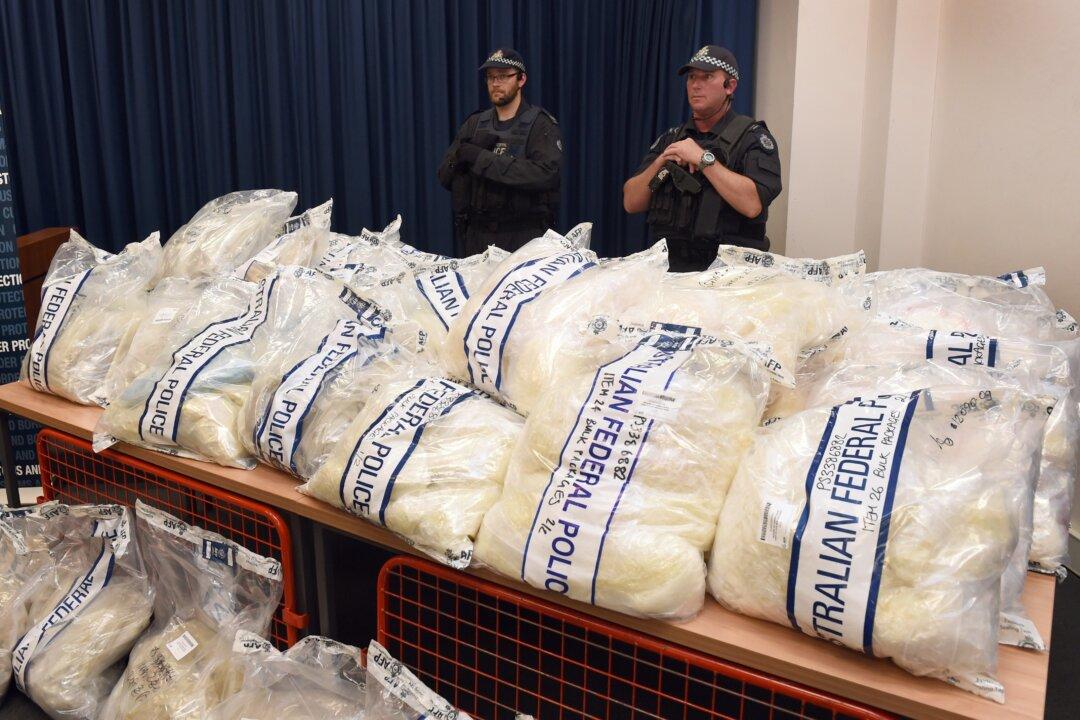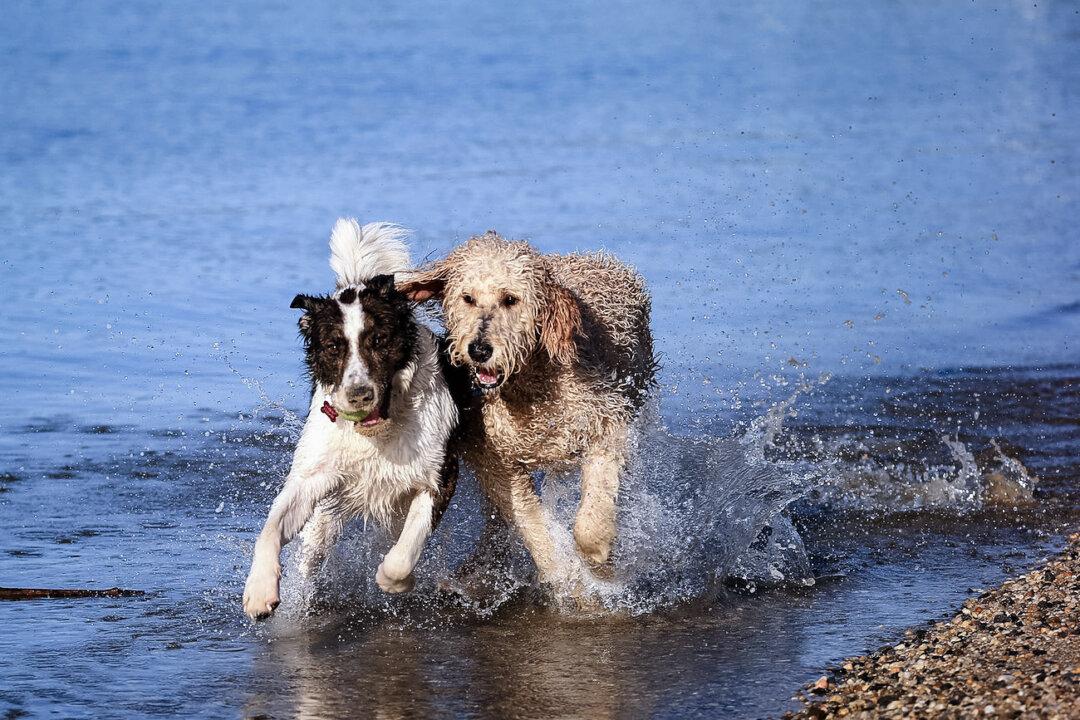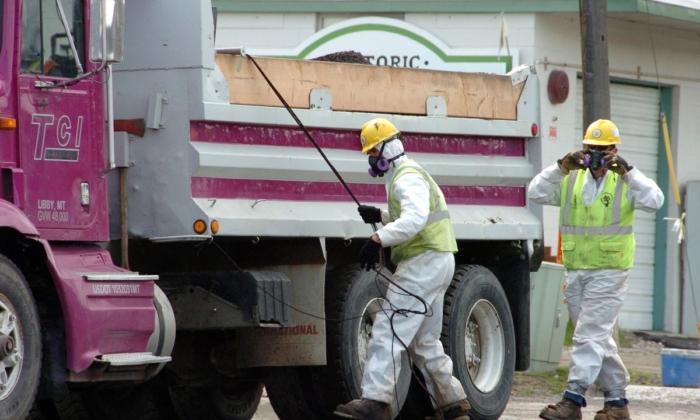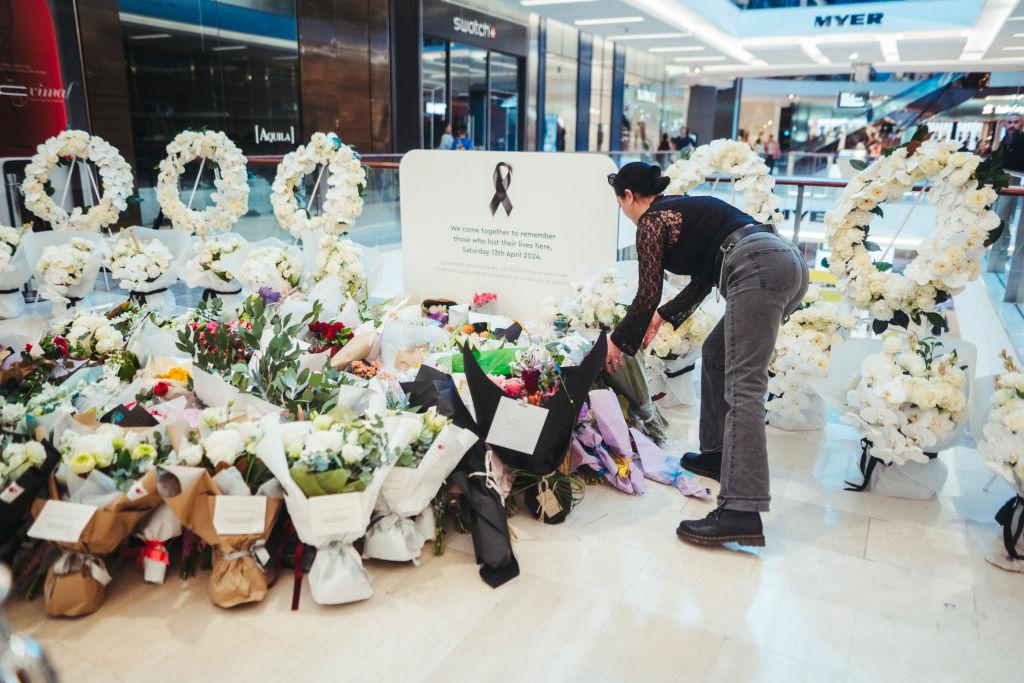Australia is about to embark on the biggest mass immunisation program in its history, with authorities confident of pulling off the massive logistical effort.
A top medical official has backed Australia to pull off its biggest ever mass immunisation program despite enormous logistical challenges.
Coronavirus jabs will start on Monday as the nation pins its hopes on vaccines forging a path out of the pandemic nightmare.
Deputy Chief Medical Officer Michael Kidd is adamant authorities will be able to roll out the program across the vast island continent.
“Huge logistics behind this but we have a very tried and tested system for immunising our population, and that’s what we’re utilising,” he told the ABC on Friday.
A flying squad of 500 nurse immunisers will be dispatched around the nation to vaccinate aged care and disability residents who are in the initial phase.
Hubs at major hospitals will also be ground zero for the Pfizer jab, which is the first cab off the rank.
As the program expands, the extensive network of general practices and pharmacies will join the effort.
“This is the largest mass immunisation program we’ve ever had in Australia,” Kidd said. “But Australia, of course, has been doing incredibly well at so many levels throughout this pandemic and we do expect to be able to roll out the vaccine.”
Vaccine Hesitancy
The government is facing increased hesitancy about coronavirus vaccines despite advertising campaigns and regular media appearances from experts.An Australian National University survey of more than 3,500 people found a significant decline in the number of people likely to receive a vaccine.
In January, about 20 percent said they probably or definitely would not get a coronavirus jab once a safe and effective shot was available.
That’s up from 12 percent in August.
Prime Minister Scott Morrison toured a vaccination centre in Sydney on Friday.
“I know for many this may be a very anxious process,” he told reporters. “The plans here have taken that into account, to reassure, to calm, to encourage, to observe, to make sure everybody is OK.”
Females, Indigenous Australians, people who speak a language other than English at home and those who have not completed Year 12 are the groups less willing to get the jab.
“These population groups are arguably the most urgent focus of any public health campaigns to improve willingness,” study co-author Nicholas Biddle said.






Friends Read Free